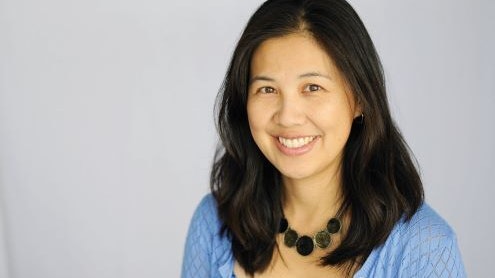Homepage
•
Learning Library
•
Blog
•
Global Focus: Lessons learned from school closures in China
Expand breadcrumbs
Expand breadcrumbs
- Learning Library
- Blog
- Global Focus: Lessons learned from school closures in China
- Homepage
- •
- Learning Library
- •
- Blog
- •
- Global Focus: Lessons learned from school closures in China
Global Focus: Lessons learned from school closures in China
By Sandra Chow
June 24, 2020








